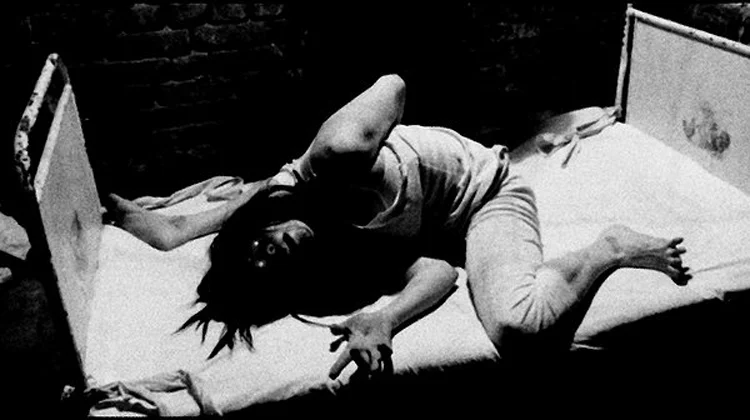During the Trump presidency, many Americans have found themselves desperately trying to not just point out the longstanding problems in our society but actually find pathways to fix them. But what does that mean? Political correctness has failed as a remedy for racial, socioeconomic, gender-centric and other disparities, and it so often can become an annoying--if well meaning--facade, masking social ills via self-satisfied language. In other words, fixing problems doesn't stop at saying the right things. But how do we begin to correct some of the wrongs that have become so normalized in our culture?
I want to reiterate that correctiveness is not the same as political correctness. There is a difference between pointing out real problems and fixing them vs. tone policing.
What are we really fighting? You can't fight racism without fighting whiteness — the centrality of whiteness, white as the center, white as the norm, white as the default, white as the master narrative.
Minority youth will keep America great, not white anxiety. Investing in the minority youth population is always the key to a thriving society. And it makes perfect sense to a logical person to invest in them since they have the larger numbers. The combined racial minority population has the largest amount of growth and the majority of people under the age of 25. Right now the voting population is comprised of mostly older white citizens who hold conservative views, which puts minority and immigrant children pretty much at the bottom of their priorities. And I'm not just talking about those that vote Republican. It's been pretty clear that older white voters who vote Democrat are the same way. Liberal white voters have proven that they are just as racist as their Republican counterparts. But it won't stay that way. The older they get, the less of them will be around.
One of the reasons this has been on my mind recently is because I just finished reading two great books: Dear America: Notes from an Undocumented Citizen by Filipino American journalist, Jose Antonio Vargas and The Leavers, a novel by Lisa Ko. Both books explore the inhumane immigration laws but they also explore other broader issues like identity, sexuality, and alienation. And you can't talk about immigration and deportation without talking about incarceration, for-profit detention centers and adoption. Every single book I've read by an Asian American author in the past ten years has been absolutely damning of whiteness and white America, American capitalism, American foreign policy, and traditional American values. Both of these books follow that trend. A lot of what I'm noticing is viewing the ugly truth about this country, which is that you can come here and be worse off. Instead of an American dream, you can easily find yourself in a uniquely American nightmare.
To listen to the very first episode of The Aesthetic Distance Podcast, where I discuss this issue with my guests, Jess Rhee aka The Rheemix and Baltimore journalist Lisa Snowden-McCray, press play below or subscribe and check it out on iTunes.




















I usually do a write up of the events I’ve organized or hosted and my most-read articles at the end of the year. This was an unusual year (obviously, there is no need to go into it here) so I didn’t bother. Instead I want to highlight a project of mine that I am particularly proud of — it’s my new podcast show, Unverified Accounts, that I cohost with my frequent collaborators, Chris Jesu Lee and Filip Guo. If you're a big movie/TV/book buff, have leftist sympathies, but can't stand 'wokeness' dumbing down our culture, then we're the podcast for you. So far in our 25 episodes, we’ve covered a range of contentious topics.